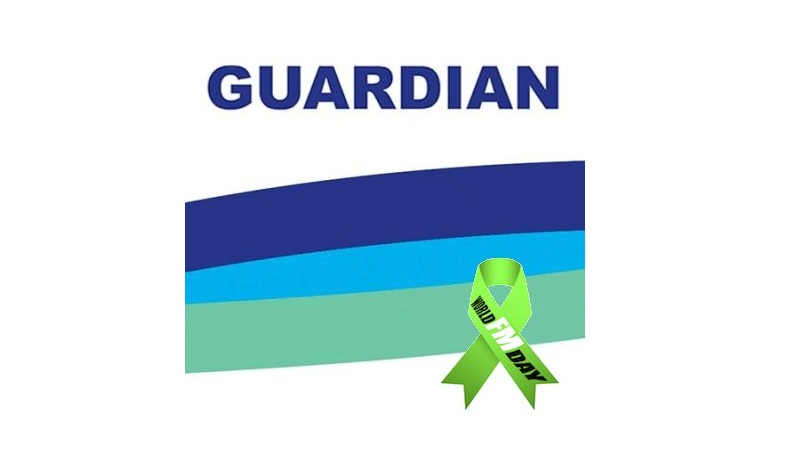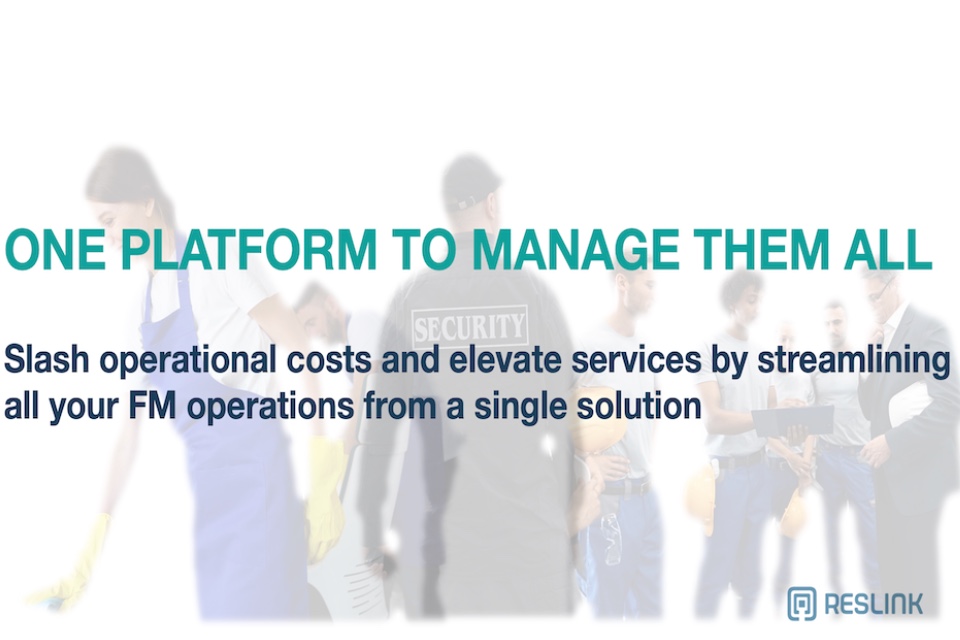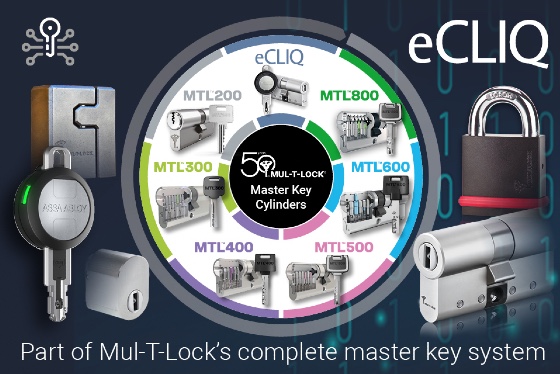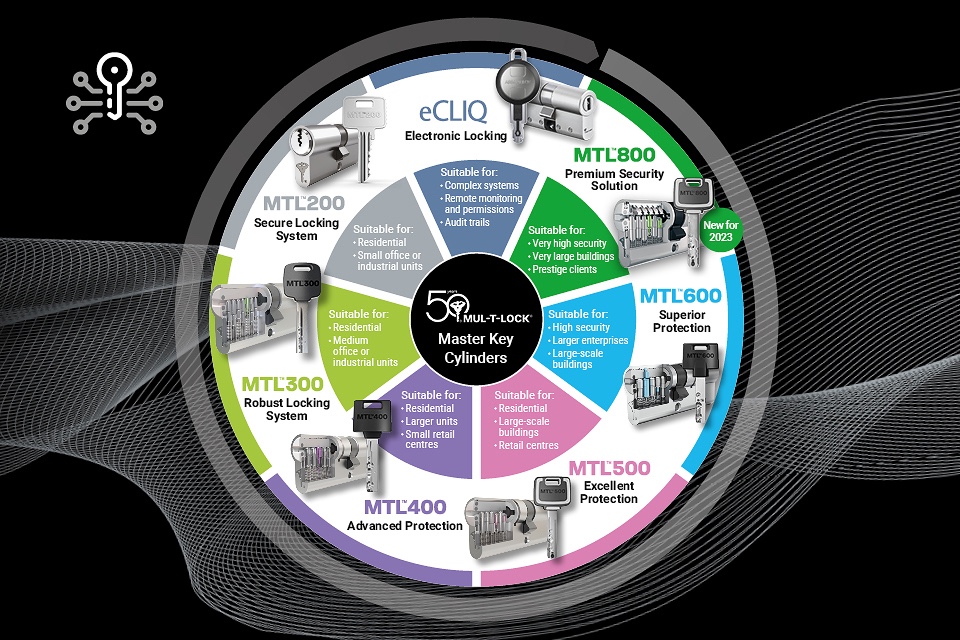Water is essential to any building, needed for sanitation, drinking and HVAC system operation. When we think ‘clean’ water it is usually in terms of the first two purposes. Apart from human health, however, water hygiene is also essential for HVAC operation, ensuring systems run efficiently, preventing downtime and minimising energy wastage. How this water is cleaned can have an impact on energy consumption too. Steven Booth, associate director for Guardian Water Treatment, explains this relationship…
Facilities managers responsible for water hygiene may primarily think of this task in terms of keeping building occupants safe, preventing Legionella and other waterborne pathogens. These pathogens also pose a risk to water system function; however, with Pseudomonas in particular causing fouling which can lead to clogging, corrosion, inefficiencies and breakdowns. Where energy saving is in your remit, ensuring water used for HVAC equipment is clean should be a priority.
Steps to water hygiene
The first step in this process begins before the FM gets involved, when a building and/or its water systems are constructed. Correct water system design is essential, such as avoiding dead legs in the pipework, which can become breeding grounds for bacteria. At this point, in-built water treatment options are often chosen, with supposedly ‘fit and forget’ solutions a problem we see time and time again.
One common example is magnetic water conditioning, favoured due to its low energy and low maintenance credentials. Lime-scale formation is not controlled throughout the entire water system as effectively as with traditional salt-based water softeners, however, creating maintenance issues.
Once in-situ, water systems need fit for purpose maintenance and treatment, based on actual usage, rather than a ‘one-size-fits-all’ approach. Water monitoring will allow FMs to create a bespoke water treatment plan, catch small problems before they become big ones and identify the root causes of any issues to stop poor water hygiene in its tracks, rather than just throwing in more chemicals. In general, overdosing should be avoided, it puts operatives at risk from overexposure to nasty substances and in-itself can cause corrosion. Bromine, for example, commonly used in cooling towers, can degrade pipes. By reducing chemical usage, expenditure will be reduced too.
Further money and energy can be saved by exploring non-chemical water treatment options. Photocatalytic water purifiers greatly reduce bacterial levels without the use of biocides. And, as water is continually treated, maintenance requirements are also dramatically cut, as water systems do not need to be so regularly flushed out and dosing is reduced considerably, saving money across the board.
Our own non-chemical water treatment solution, Wallenius AOT, simply needs a light changing a couple of times a year. AOT can be used to treat water in closed-circuit systems where Pseudomonas is a particular problem, as well as on the incoming mains and for specific applications, such as spas and swimming pools.
Getting water treatment right could save FMs money, time and energy, allowing HVAC equipment to run more efficiently, while reducing an over-reliance on chemicals and the maintenance requirement that goes alongside dosing. What’s important is that the approach is integrated, managed and fit for a specific building, rather than a knee jerk reaction to a problem.
Guardian Water Treatment provides a range of water hygiene services. Its non-chemical alternative to water treatment, Wallenius Advanced Oxidation Technology (AOT) is a safe, environmentally friendly and cost-effective option for controlling bacterial growth, minimising environmental impact by reducing chemical usage. For more information, visit: www.gwtltd.co.uk.







